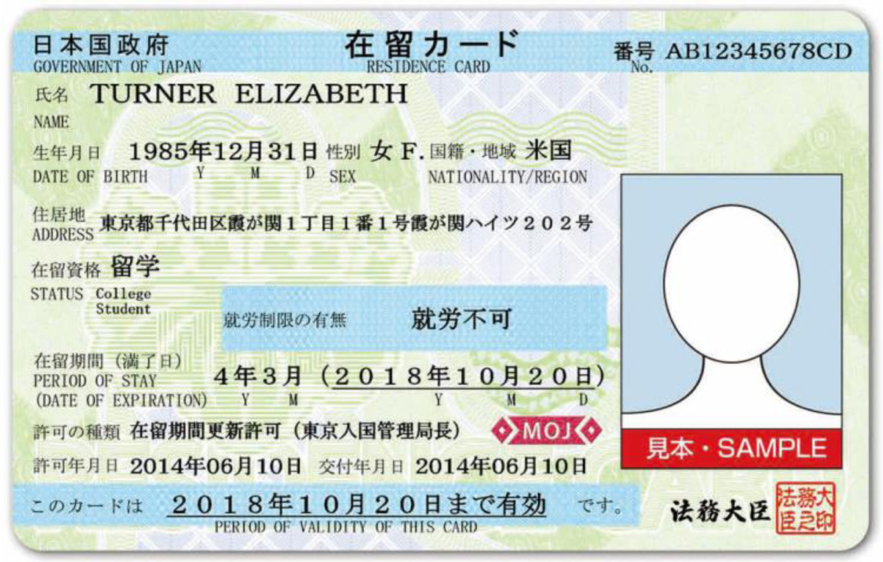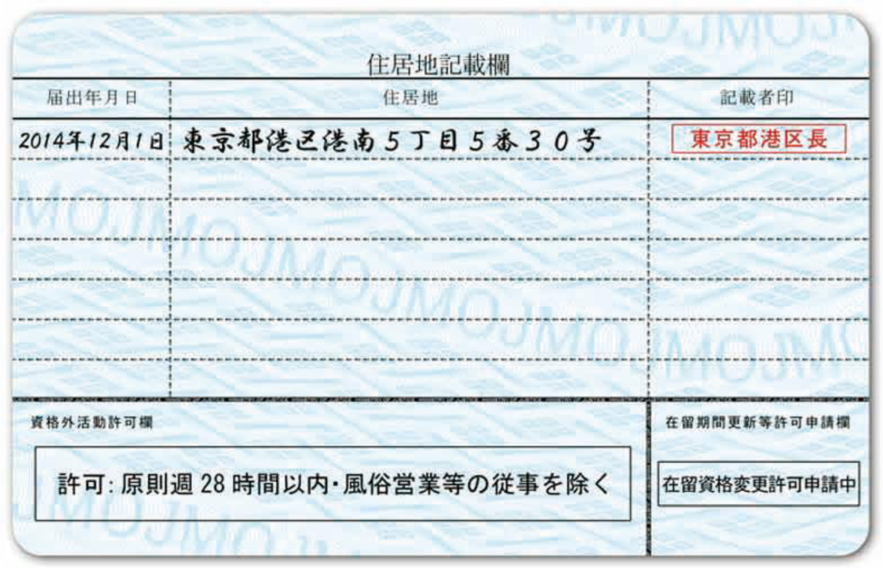・Coming to Japan ~VISA Application Process~
・Get Residential Status
・Featured Residence ~Designated Activities~
Before starting a business in Osaka, you have to live there.
In this article, we introduce the process of getting a residence in Japan.
Entering into Japan “VISA~Landing Permission“
First, you prepare the necessary documents listed on the Ministry of Foreign Affairs website according to the type of visa you will apply for. After gathering all the documents necessary, you should visit the Japanese embassy or consulate in your country and submit them to apply for a visa. Depending on reviewing your application by the Embassy, sometimes you need to submit additional documents or get interviews by them. After the examination is completed, you can get a visa with your passport at the embassy or the consulate where you made your application.
For your reference, Japanese law adopts an immigration control system that distinguishes the entry (entering into the territorial waters) from the landing (entering into the territory) and regulates each of them differently. In brief, foreign people have to get landing permission when entering Japan.
Residence Card
After Landing on Japan, a residence card will be issued by the Regional Immigration Services Agency of Japan. It will be issued at the airport or seaport when entering into Japan or after reporting the residence to the municipality, it will be sent to you in about 10 days.
After receiving your residence card, you must carry it with you all the time. If you have it, you don’t need to carry your passport. If you do not fulfill your obligation of carrying it, you will be fined up to 200,000 yen.
Designated Activities ~One of the Residential Status in Japan~
One of the statuses of residence is the “Designated activities”. This is issued only for certain designated activities, such as working holidays. In this connection, Japan has only 23 working regions and countries that accept working holidays.
Australia, New Zealand, Canada, Korea, France, Germany, United Kingdom, Ireland, Denmark, Taiwan, Hong Kong, Norway, Portugal, Poland, Slovakia, Austria, Hungary, Spain, Argentina, Chile, Iceland, Czech Republic, Lithuania (as of April 2019)
There are no working hours restrictions for working holidays, but you cannot work in the entertainment and amusement business or its related business.
People who can have designated activities status other than working holidays are domestic workers living with people who have a status of “Highly skilled professional visa” or “Diplomatic visa”. In this case, the employer of them must have a status of “Highly skilled professional visa” or “Diplomatic visa”. Currently, Japan does not allow Japanese companies to employ foreigners as domestic workers. (Exceptionally and experimentally it is approved in Tokyo and Osaka)
Notes for the readers:
Please use this article only as a reference, not as a legal guideline. Therefore, sugee.jp will take no responsibility or liability, so far as legally possible, for any consequences of your actions.
This article is written in January 2020.




